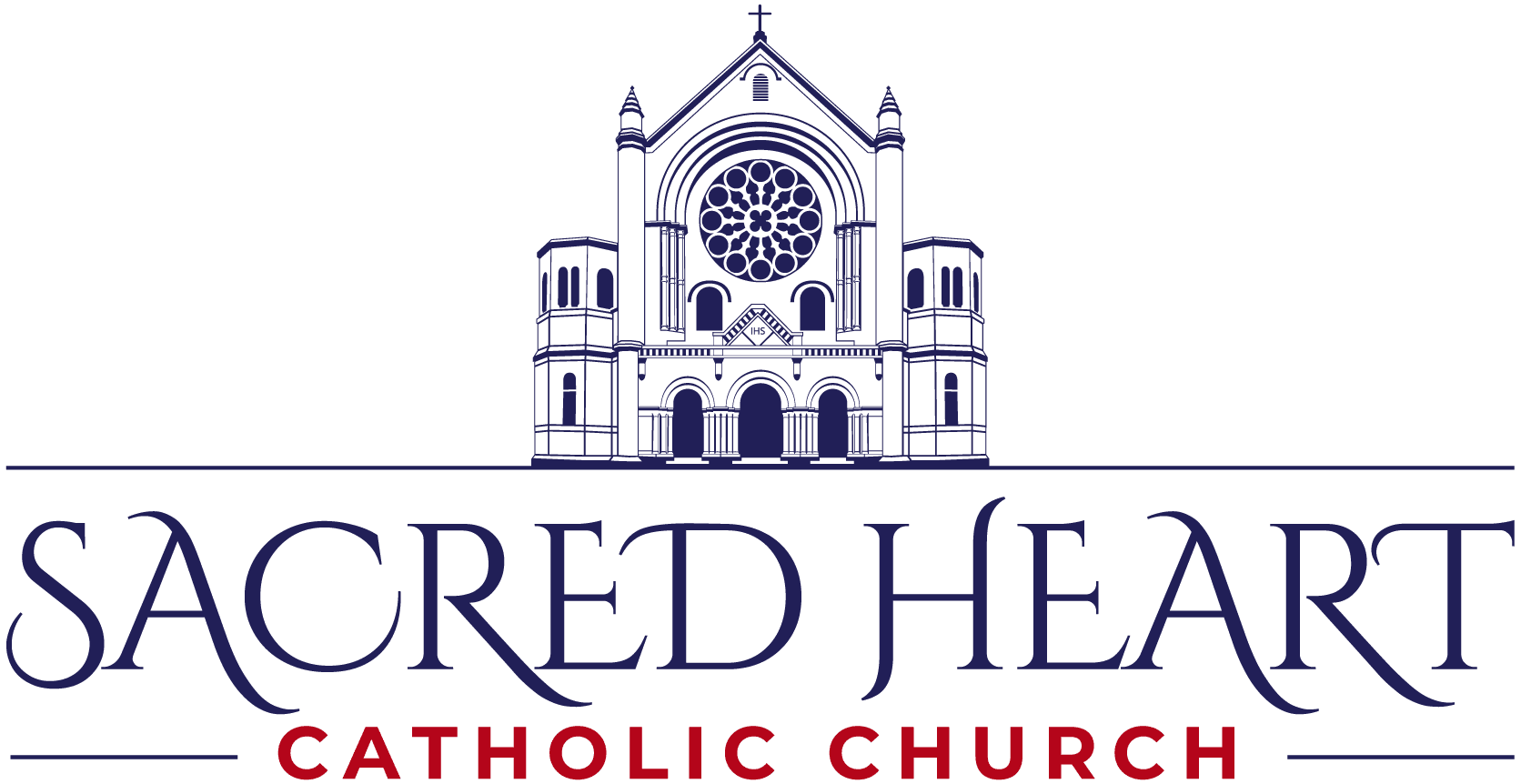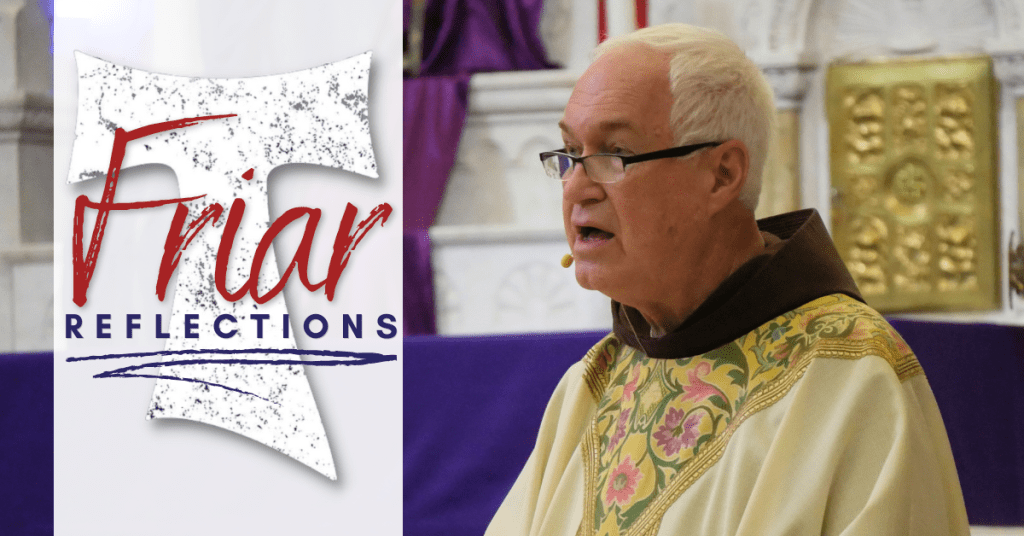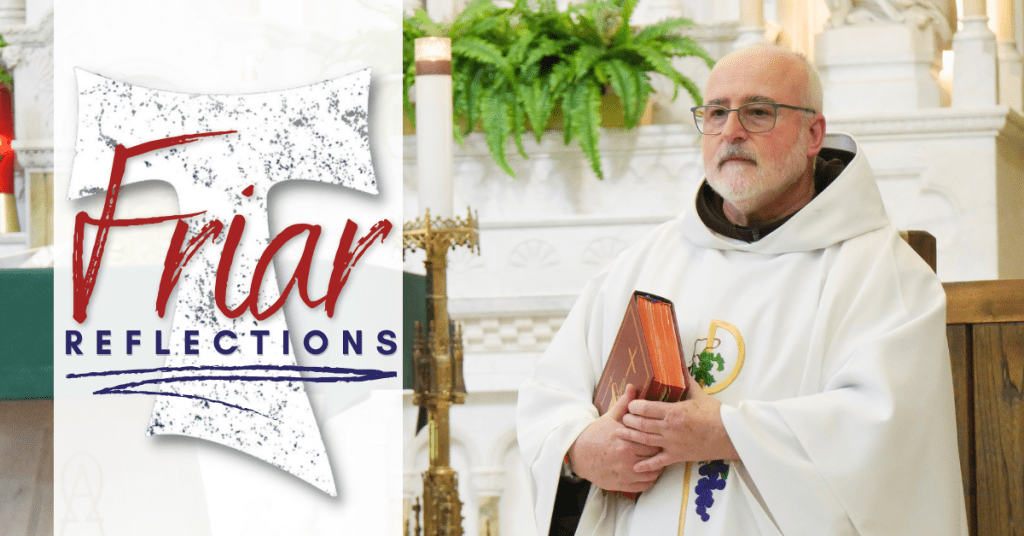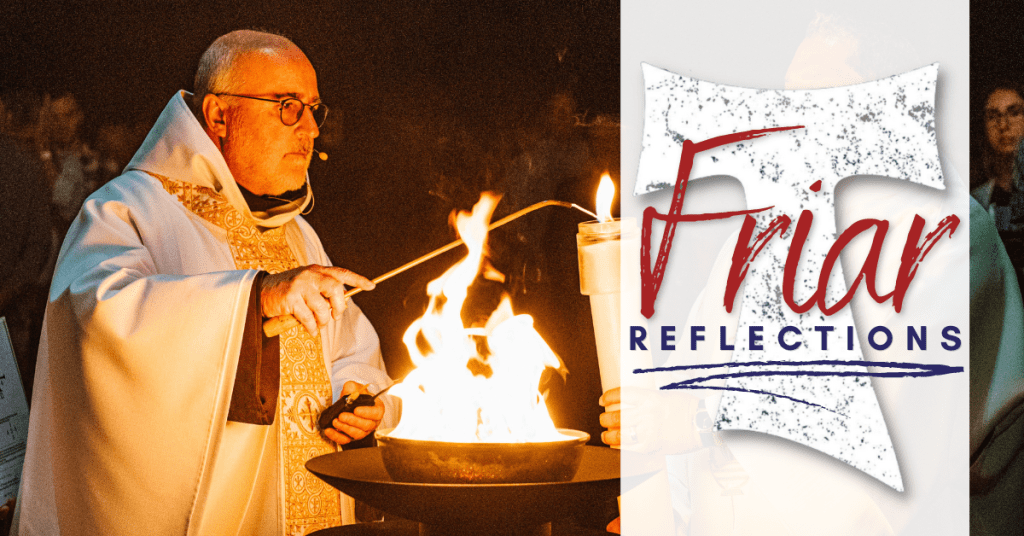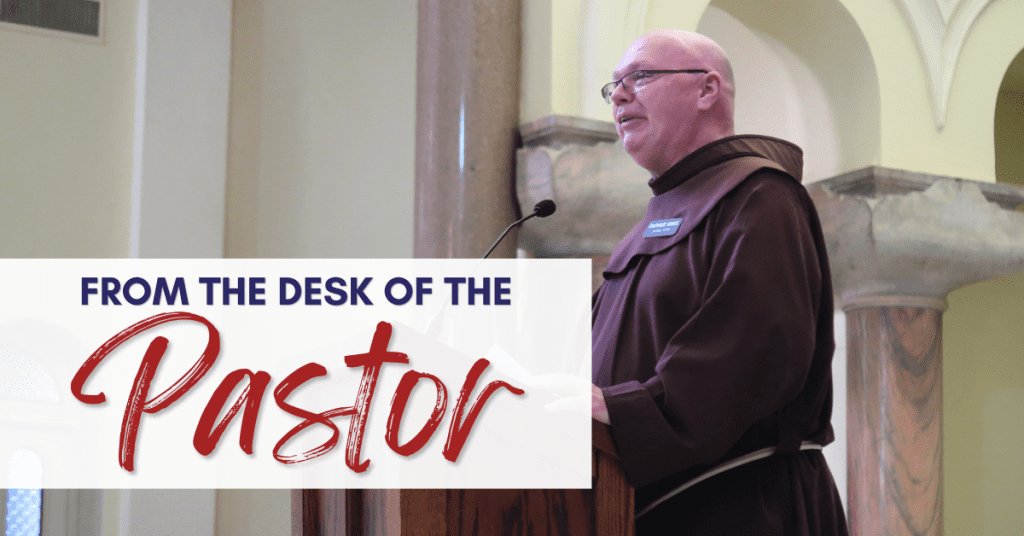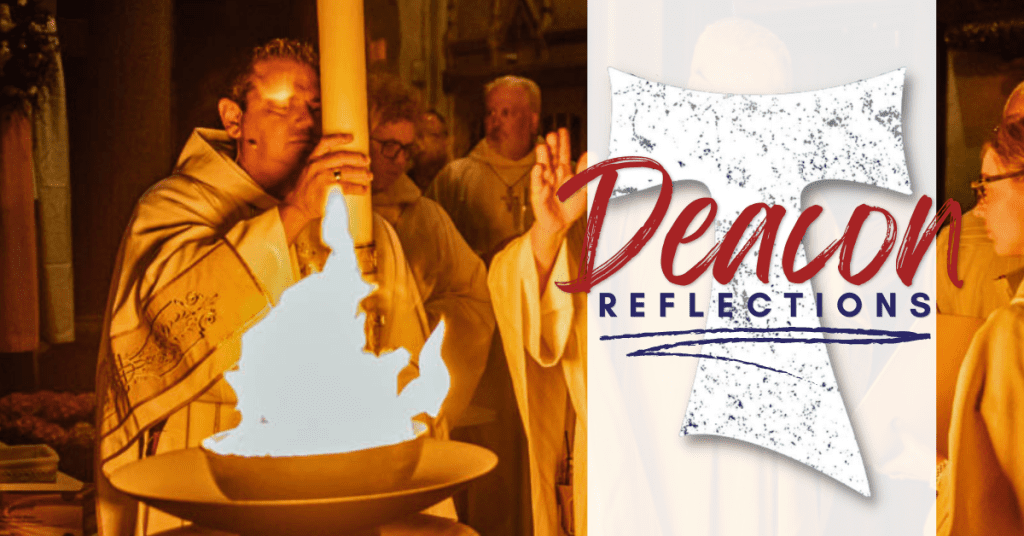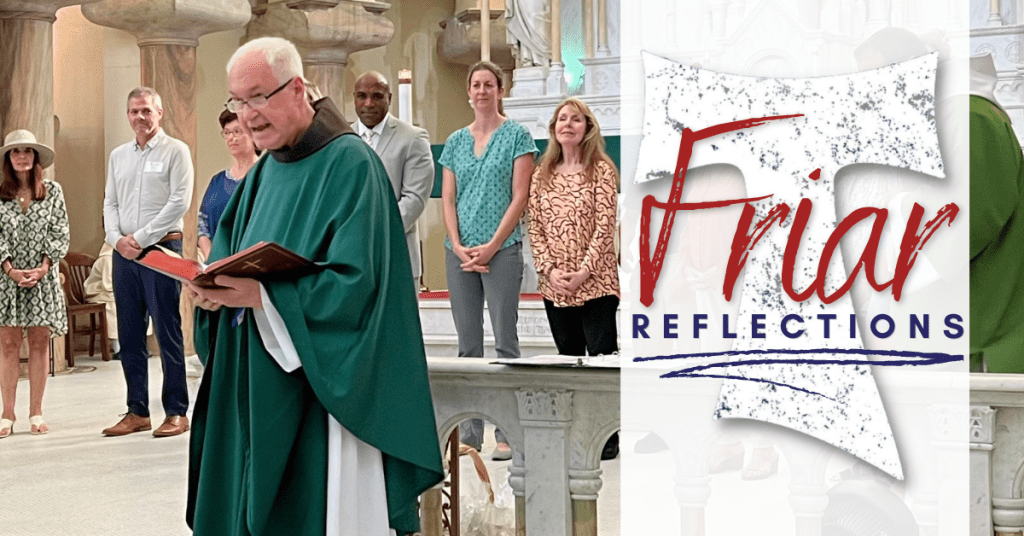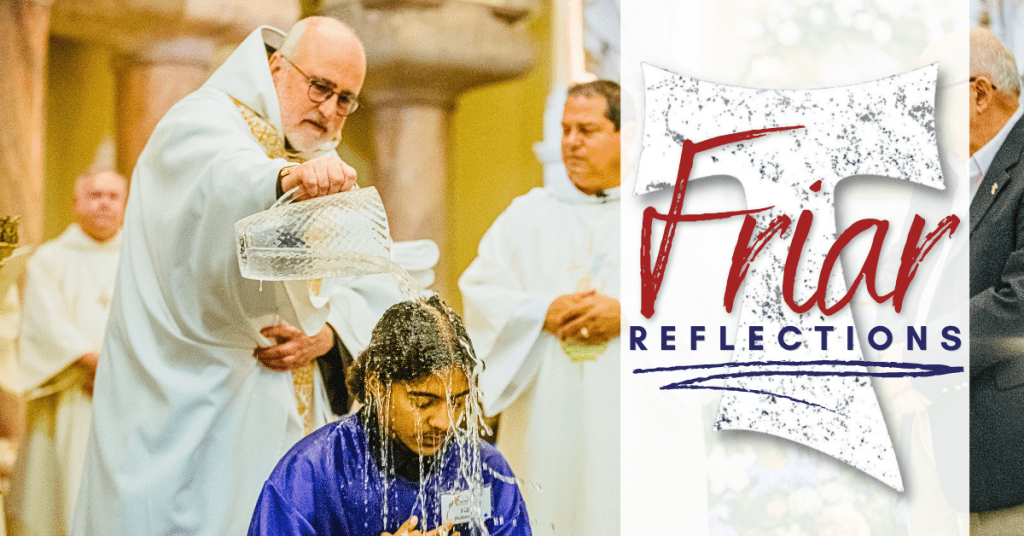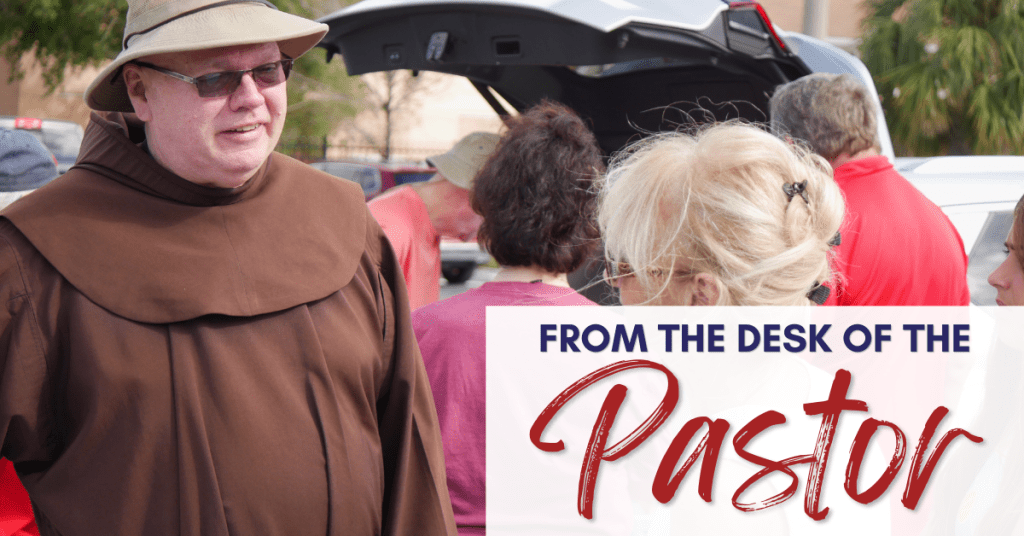
Dear Parishioners,
As you may be seeing, work on the church’s façade is progressing. We anticipate the scaffold coming down along the front of the church soon, and with that, we will redirect our attention to the doors and entryways that remain to be restored. Our concerns with the tile near the altar rail are being addressed as well, with repairs being planned for multiple locations around the church. At the North Campus, our Maintenance Committee and staff have been meeting with the architect and others over the kitchen in the auditorium. This too is progressing, and will speed up once the final plans are finished. I thank the Maintenance Committee members for all they have contributed to the parish with these many intricate and varied projects. We are currently looking to expand our committee and are in need of parishioners with expertise in engineering, project management, building, construction, mechanical, HVAC, plumbing, etc. The committee meets formally between six and eight times a year. If you are interested in assisting the parish in this way, send me an email.
At Mass this weekend we begin the season of Advent with the Blessing of the Wreath. I know many of you have your own Advent wreaths at home, and so I wish to share with you this weekend’s blessing for you to us with your own wreaths at home.
Blessing of Wreath and Lighting of First Candle:
Leader: May the sprinkling of this water remind all of us gathered here of our first sharing in the grace of baptism.
During this time of Advent may we prepare for the Lord’s coming with open hearts and minds.
May this wreath be a symbol to us of this time of prayerful watching and waiting for the coming of the Lord, and a symbol of faith in the power of the Holy Spirit as we anticipate the fruits of this Advent Season.
Have each family member bless the wreath.
Leader: Lord Jesus, your coming was proclaimed by the prophets of old. The Prophet Isaiah proclaimed that all nations shall come to climb the mountain of the Lord. Instruct us that we may walk in the light of the world.
Family: Come, Lord Jesus. Come, Lord Jesus
Leader: Lord Jesus, St Paul urges us that all those who believe in Christ may grow in love of God and neighbor.
Family: Come, Lord Jesus. Come, Lord Jesus
Family lights the first candle.
Leader: Grant your faithful, we pray, almighty God, the resolve to run forth to meet your Christ with righteous deeds at his coming, so that, gathered at his right hand, they may be worthy to possess the heavenly kingdom. Through our Lord Jesus Christ, your Son, who lives and reigns with you in the unity of the Holy Spirit, God, for ever and ever. Amen.
Please take the time to celebrate the Advent season as we prepare for Christmas.
Peace and All Good,
– Fr. Mike
